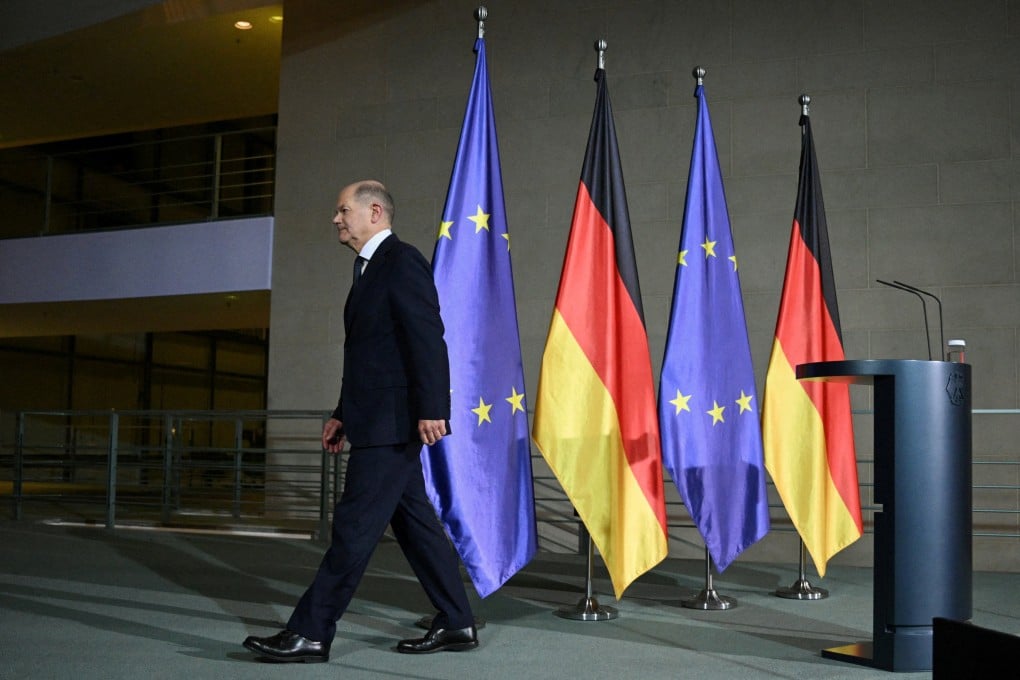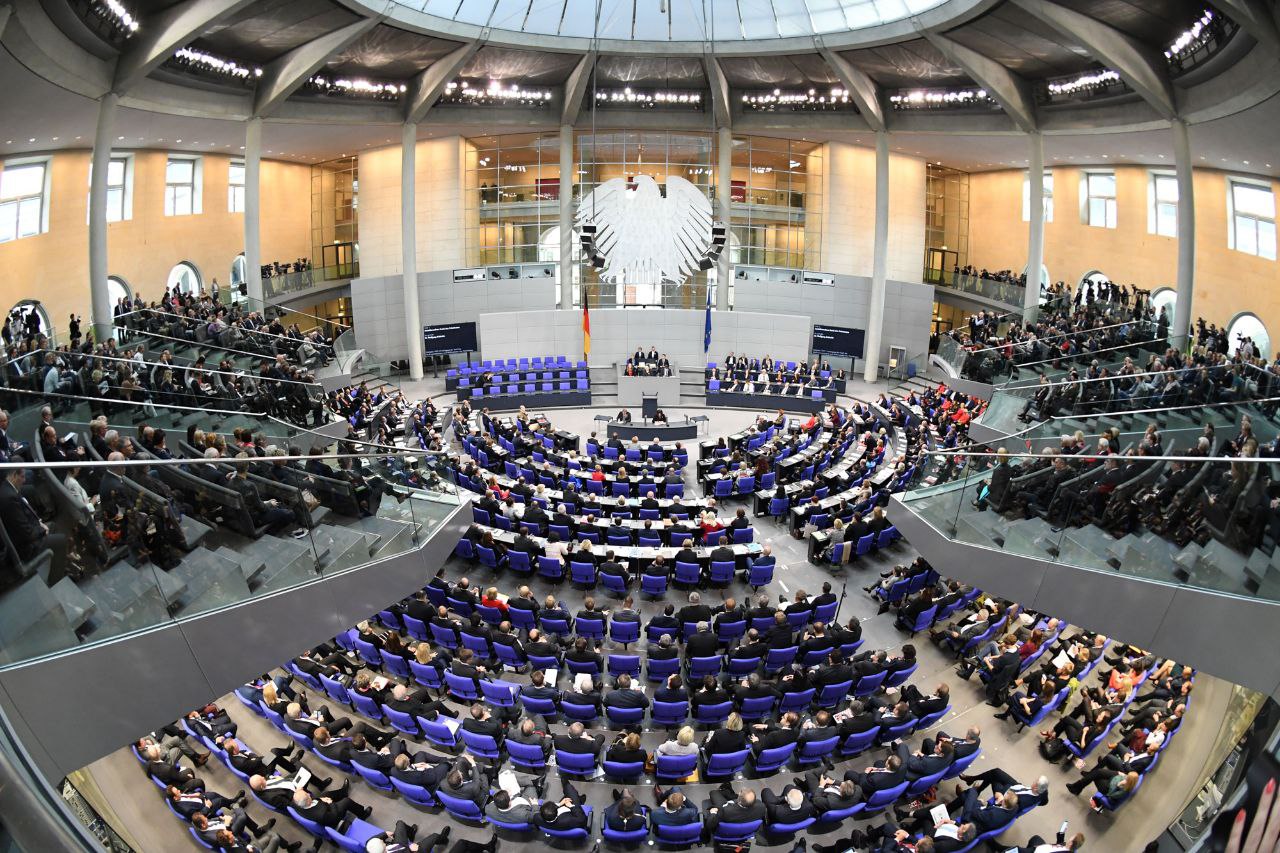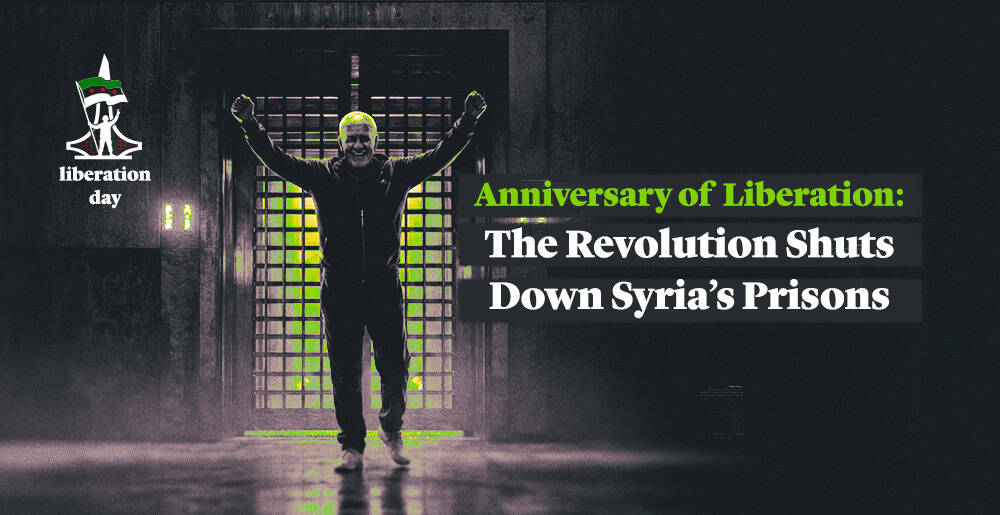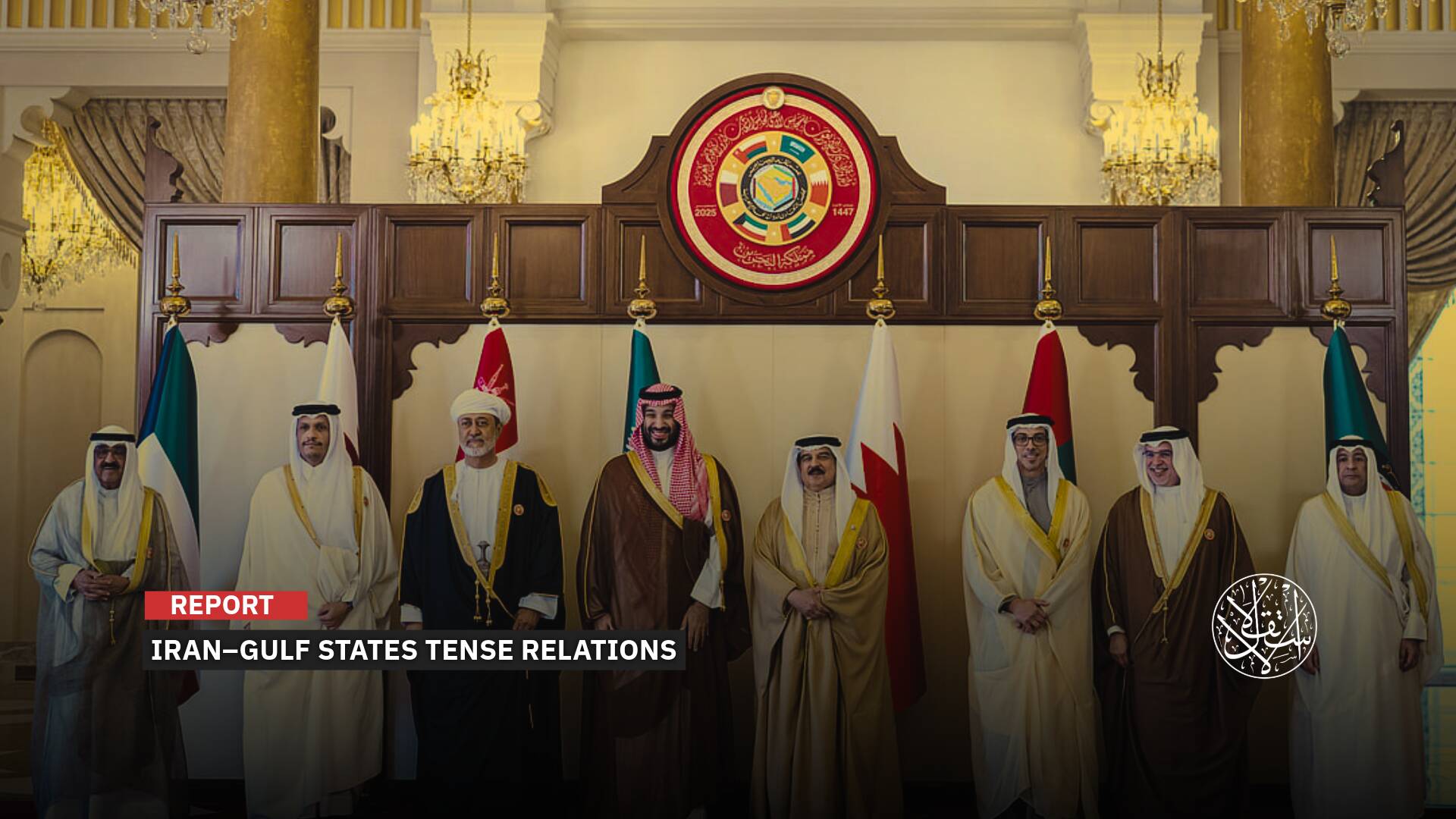Coalition Collapse and Economic Recession: This Is How Germany Enters a Deep Crisis

“This year has seen a marked uptick in foreign acquisitions of German firms.”
Last week, Germany experienced two shocks in one day; the first was the return of Donald Trump to the White House, while the second was the collapse of the country's ruling coalition, which means holding snap elections instead of the official date of late September 2025.
The differences within the coalition government were no secret to anyone, but few expected it to collapse so quickly, especially since the past three years since its formation have witnessed successive crises, which the three parties participating in the government coalition have always successfully overcome.
Since Olaf Scholz was appointed Chancellor, his government has faced difficult and unprecedented economic challenges, starting with the Corona pandemic crisis, followed by the Ukraine war, which greatly affected Germany, which relied on Russia for most of its gas imports.
However, the differences over economic ideologies could no longer be overcome by the ruling parties, as the Finance Minister's insistence on passing the budget according to his economic orientations prompted Scholz to dismiss him, which led to the withdrawal of the rest of the Liberal Party ministers from the government.
The political earthquake comes at the worst possible time for Germany, as Europe’s largest economic powerhouse is currently suffering from a serious industrial crisis, economic recession and a sharp rise in foreign takeovers of German companies.
The center-right coalition currently leads polls with more than 30% of the vote, and is in an excellent position to regain the Chancellery after losing it to the Socialists three years ago.
Coalition Collapse
German Chancellor Olaf Scholz recently announced that he would reject the conservative opposition’s demand for an immediate confidence vote, paving the way for snap elections in mid-January 2025, the day after his divided three-party coalition government collapsed and caused political chaos in the country.
Scholz ended his alliance with the Greens and the conservative Free Democrats on November 6, when he fired Finance Minister Christian Lindner of the Free Democratic Party, which cost his ruling coalition its majority in parliament.
The dismissal also comes at a time when the Social Democrats have been locked in a weeks-long row over how to revive Germany’s struggling economy and tight budget spending.
To shore up his depleted cabinet, Scholz has already tapped his party ally and finance expert Joerg Kukies, to be his new finance minister.
Scholz has announced that he will submit a no-confidence motion in his government on January 15, potentially paving the way for a snap election in late March. Scholz is expected to lose his government after losing his majority in parliament.
Scholz hopes to rule as long as possible as head of a minority government to push through bills on reducing the tax burden on workers and measures to help German manufacturers, but that will require cooperation with the opposition to pass the laws.
Furthermore, the 2025 federal budget, currently going through parliament, needs to be approved by lawmakers by the end of this year.
If Scholz fails to secure a majority, he can ask German President Frank-Walter Steinmeier to intervene and dissolve parliament, and elections must then be held within 60 days.
Scholz’s postponement of the vote of confidence in the government until next year has drawn criticism from Friedrich Merz, leader of opposition center-right Christian Democratic Union (CDU), who called on him to hold a vote of confidence this week and not prolong the period of uncertainty.
Merz’s party is leading the polls to win the election with 32% of the vote, while the far-right Alternative for Germany (AfD) is second with 18% and the Social Democrats third with 16%.
According to the constitution, the opposition can only succeed in a vote of no confidence if it elects a new chancellor at the same time, so Merz needs enough votes to achieve a majority in parliament, which he currently lacks.
According to a poll by the ZDF Politbarometer, a majority of Germans want an election as soon as possible, which supports the opposition’s position, which is intensifying its calls for an election.
Another voter poll by Forsa for RTL/ntv suggested that a majority of voters, 57%, wanted Defence Minister Boris Pistorius to run instead, whereas only 13% preferred Scholz.

New Government
In justifying his decision to dismiss the finance minister, Chancellor Olaf Scholz said: “We need a government that is capable of working and has the strength to make the decisions that are necessary for our country.”
In turn, Lindner said that the chancellor tried to force him to suspend the country's constitutional debt brake system, and refused to acknowledge that the country needs a new economic model.
On his part, Economy Minister Robert Habeck of the Green Party warned that the US presidential election, Germany's economic problems, and the war in Ukraine and the Middle East make this the worst time for the government to fail.
Social Democratic Party leader Lars Klingbeil called for a compromise because we cannot afford weeks of negotiations within the government.
In contrast, German President Frank-Walter Steinmeier said that the collapse of the government coalition is not the end of the world and that political leaders must be wise and responsible.
On the other hand, business leaders warned of the need to take urgent measures to revive the German economy.
Siegfried Russwurm, president of the Federation of German Industries, said, “In light of the global political situation and negative developments in the German economy, we need a new, effective government with its own parliamentary majority as soon as possible.”
It is noteworthy that Germany has had several minority governments in the past, but they have never been able to last more than a few weeks.

Political Tensions
The collapse of Germany's ruling coalition comes after years of heightened tensions over how to plug a multi-billion-euro budget gap and revive Europe's largest economy, which is heading into its second year of contraction.
A year ago, the Federal Constitutional Court ruled that parts of the federal government’s budget policy were illegal, after the ruling coalition decided to use the remaining €60 billion from a fund set aside to combat the coronavirus pandemic to finance climate and energy policies.
The money was essentially what helped hold the coalition together, but disagreements soon returned due to ideological differences between the coalition members over spending priorities and forms.
The Social Democrats support reviving the faltering German economy through spending, while the Liberals call for cutting social spending and strict budget control.
In recent weeks, Volkswagen announced the closure of three of its 10 production plants in Germany, clearly reflecting the depth of the economic crisis the country is suffering from.
In the years since Scholz’s government took office, hundreds of small and medium-sized companies have closed their doors due to high costs and taxes.
On the other hand, the Berliner Zeitung newspaper pointed out that foreign companies are accelerating their takeover of German companies in the current economic recession.
With economic pressures mounting, many German companies are looking for ways to cope, such as moving operations abroad in search of better growth opportunities, while others are turning to foreign financing or selling assets.
This year has seen a marked uptick in foreign acquisitions of German firms.
In October, Texas Pacific Group Capital acquired German energy management company Techem for approximately €6.7 billion.
Earlier, Danish logistics giant DSV secured a €14 billion deal to purchase Deutsche Bahn's logistics unit Schenker.
According to London Stock Exchange Group data, foreign investors were involved in German M&A transactions totaling $111 billion in the first nine months of this year, marking a 39-percent increase compared to the same period last year.

On its part, the German federal government has revised its 2024 economic growth forecast downward from 0.3% to minus 0.2%, reflecting an economy slipping into recession amid a bleak outlook.
The German economy minister also pointed to significant structural challenges, including skilled labor shortages, underinvestment in infrastructure, and excessive bureaucracy, that continue to limit Germany's long-term growth potential.
Sources
- Germany: Scholz urges calm debate on election date
- Germany’s chancellor under pressure to call early no-confidence vote as coalition government collapses
- Explained: Germany in turmoil after coalition collapses
- Sick man of Europe again? What ails the once-booming German economy
- Economic Watch: Foreign investors ramp up acquisitions as German economy faces recession












